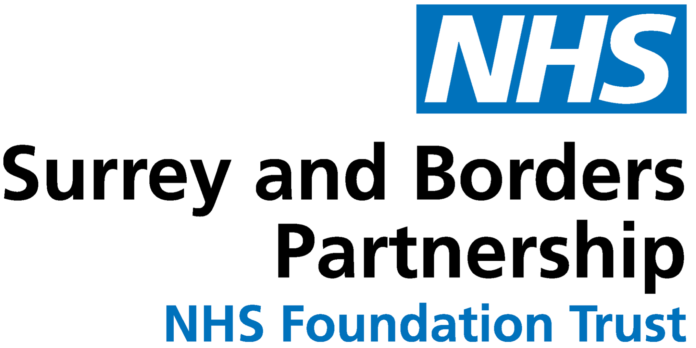
This blog was written by Phil Boulter (Consultant Nurse), Emily Belton (Acute Learning Disability Liaison Nurse), Dara Shortall (Acute Learning Disability Liaison Nurse), Natasha Mullender (Acute Learning Disability Liaison Nurse), Dawn Kettleton (Primary Learning Disability Liaison Nurse), Lilani Limb (Primary Learning Disability Liaison Nurse) and Ming HoPoon (Acute Learning Disability Liaison Nurse) Surrey and Borders NHS Partnership Foundation Trust.
The COVID-19 pandemic has had a devastating effect on people across the world. It has worsened existing inequalities and highlighted in particular those faced by people with a learning disability.
In a recently published report by Public Health England, data suggests that the death rate of people with a learning disability is as high as 6.3 times that of the general population. The report also highlights the increased mortality rate in young adults with a learning disability, which is 30 times higher than the general population. [1]
In addition to the identified health inequalities, the pandemic has had a significant impact on the available support networks and social activities for people with a learning disability. Examples include the closure of day services, sports and social support networks. For many, this has resulted in social isolation and had a major impact on mental health.
Acute services have been massively impacted with outpatient departments closed and increased pressure on acute inpatient wards. This has left many people anxious, especially individuals with a learning disability.
In order to provide high-quality, safe care during the COVID-19 pandemic, learning disability nurses at Surrey and Borders NHS Partnership Foundation Trust have worked to identify a range of interventions to support people with learning disabilities, offering face-to-face contact when risk assessed and necessary. They also provide virtual appointments which take careful planning utilising accessible information, videos and leaflets to help individuals understand the impact of the pandemic. Every effort is made to put in place reasonable adjustments to maintain and support continued access to health services and to enable the treatment of health conditions.
When acute trusts restricted visitors, causing great concern for individuals with a learning disability and their family/carers, the learning disability liaison service was able to share and advocate visiting policies. We were able to provide support to family and carers to visit individuals safely, providing iPads when a face-to-face meeting was not possible and visiting patients ourselves where family members could not.
Annual health checks (AHCs) are one of the most effective ways to detect unmet health needs and thus limit avoidable deaths and reduce health inequalities, and so our team was naturally concerned about the limited AHCs taking place and the knock-on effect this would have on the health of people with learning disabilities. It was noted that there was some confusion about how AHCs could be delivered safely during COVID-19. In response to this, our team adapted an existing flowchart to guide practices on how they might deliver a comprehensive annual health check at this time. By using national guidance, our team provided a set of recommendations for the delivery of AHCs. These recommendations focus on a two or three-step approach, in which information from a ‘pre-annual health check questionnaire’, virtual consultation, and final face-to-face element is combined to form a thorough assessment of the individual’s health. Our team has also approached GP practices and clinical commissioning groups to emphasise our availability for support and guidance. Whilst there is a lot of focus nationally on increasing the number of AHCs, as primary care liaison nurses, we are always keen to emphasise the need for quality alongside quantity.
Our team is also responsible for delivering the enhanced service training, which enables practices to continue delivering the learning disability enhanced service and annual health checks. With limitations on face-to-face contact, this had to be put on hold at first. However, this motivated our team to think creatively and we developed a virtual training pack. Although we were initially concerned about how interactive elements of the training could be delivered on a virtual platform, we have been able to fine-tune this over time and have had a positive response to our adapted activities.
Since the outbreak of the COVID-19 pandemic, we have proactively adopted some innovative strategies to facilitate the best possible patient experience, these include the two or three-step approach in AHCs and the virtual training pack for GPs. The use of technological devices has also enhanced communication via virtual platforms between carers and patients. We are strong advocates for our patients with learning disabilities and ensure that reasonable adjustments are always in place and diagnostic overshadowing does not occur in their treatment.
Over the coming months, the learning disability liaison service will continue to support people with learning disabilities, their families, carers and health care staff to ensure that health care continues to be provided in a safe and effective way.
[1] People with learning disabilities had higher death rate from COVID-19
https://www.gov.uk/government/news/people-with-learning-disabilities-had-higher-death-rate-from-covid-19


